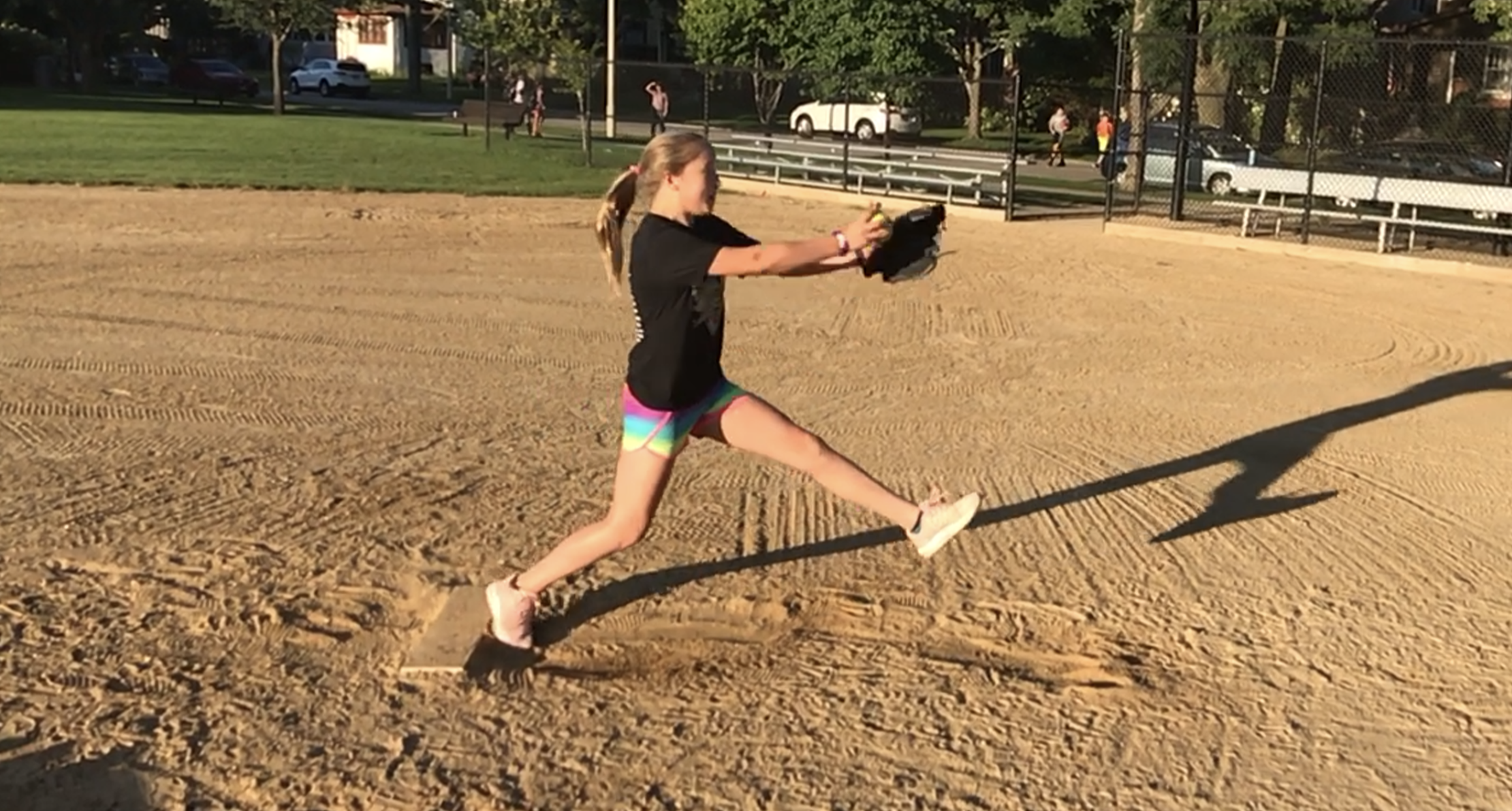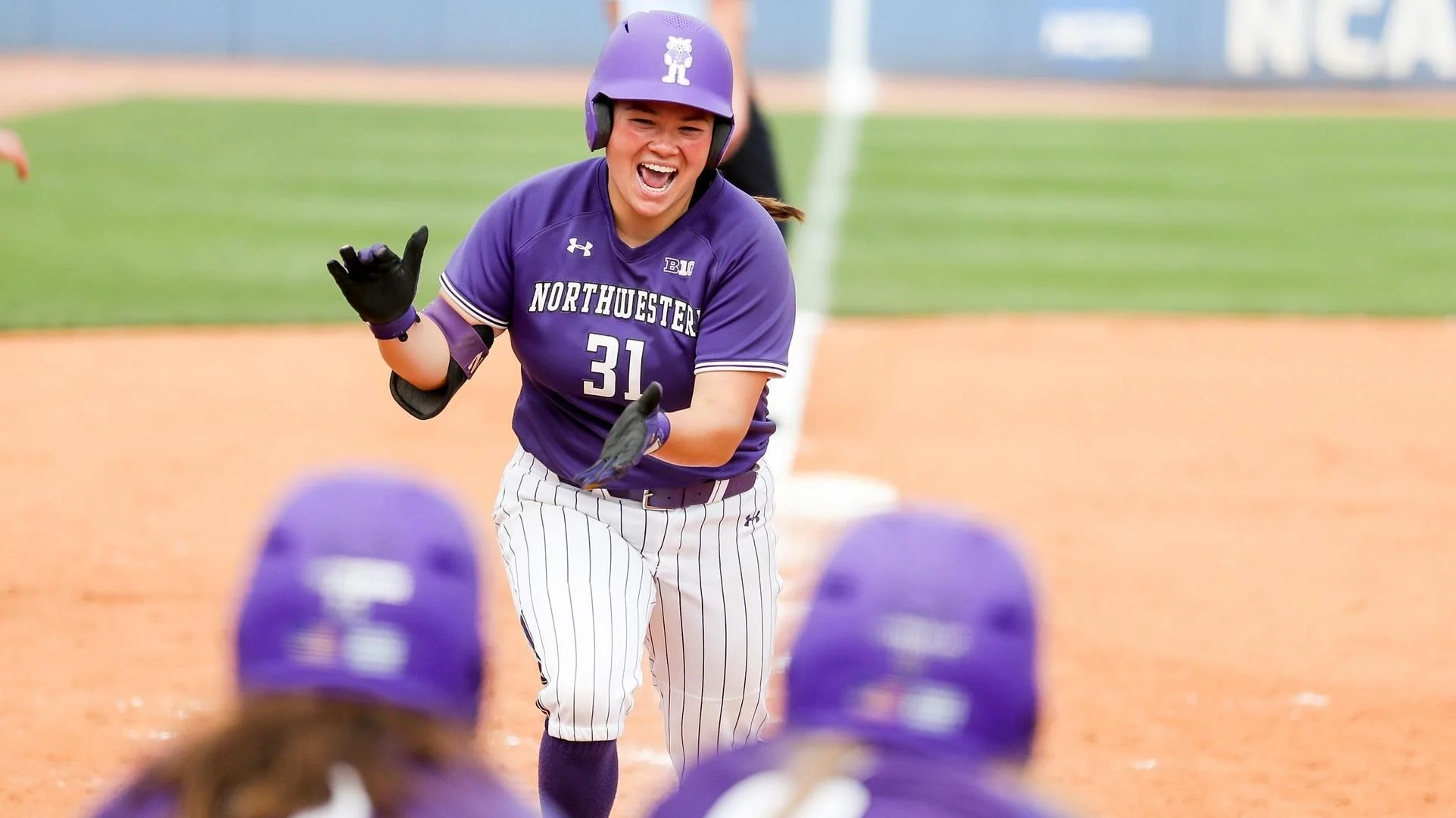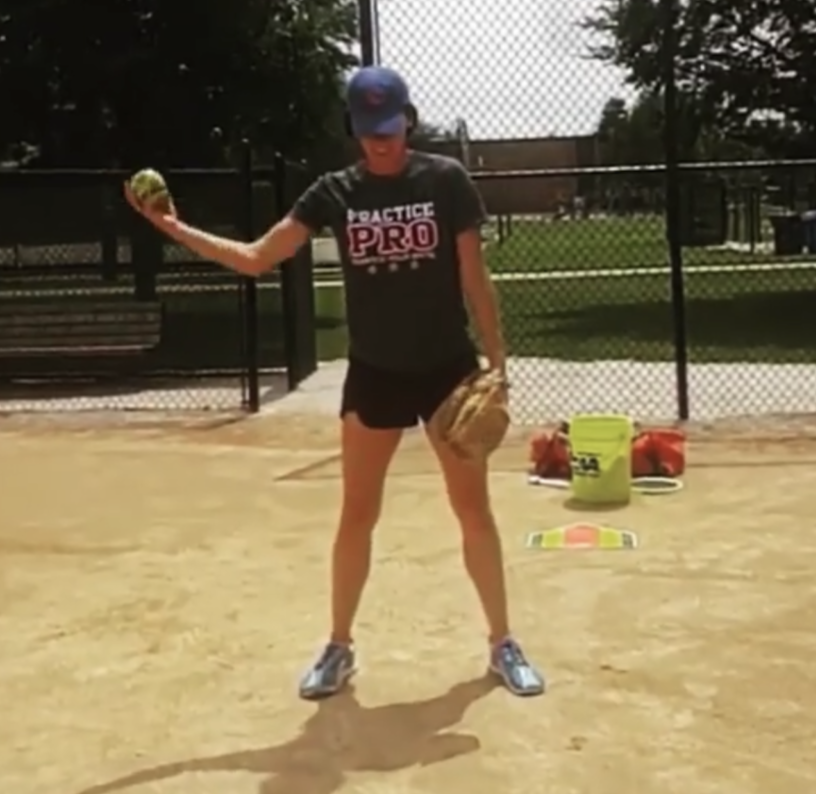Become a Movement Pitch Expert by Doing This
/When throwing a rise ball, a pitcher must deliver the ball on the “upswing” of her arm circle, meaning a little bit later. To make it easier to get her palm underneath the ball and facing the sky, she must lean her body back towards second base at delivery. The reverse is true for a drop ball. She must lean forward to get her hand on top of the ball, palm facing downwards.
Once her body position and ball trajectory is correct, the Magnus Effect becomes relevant.
Read More





















